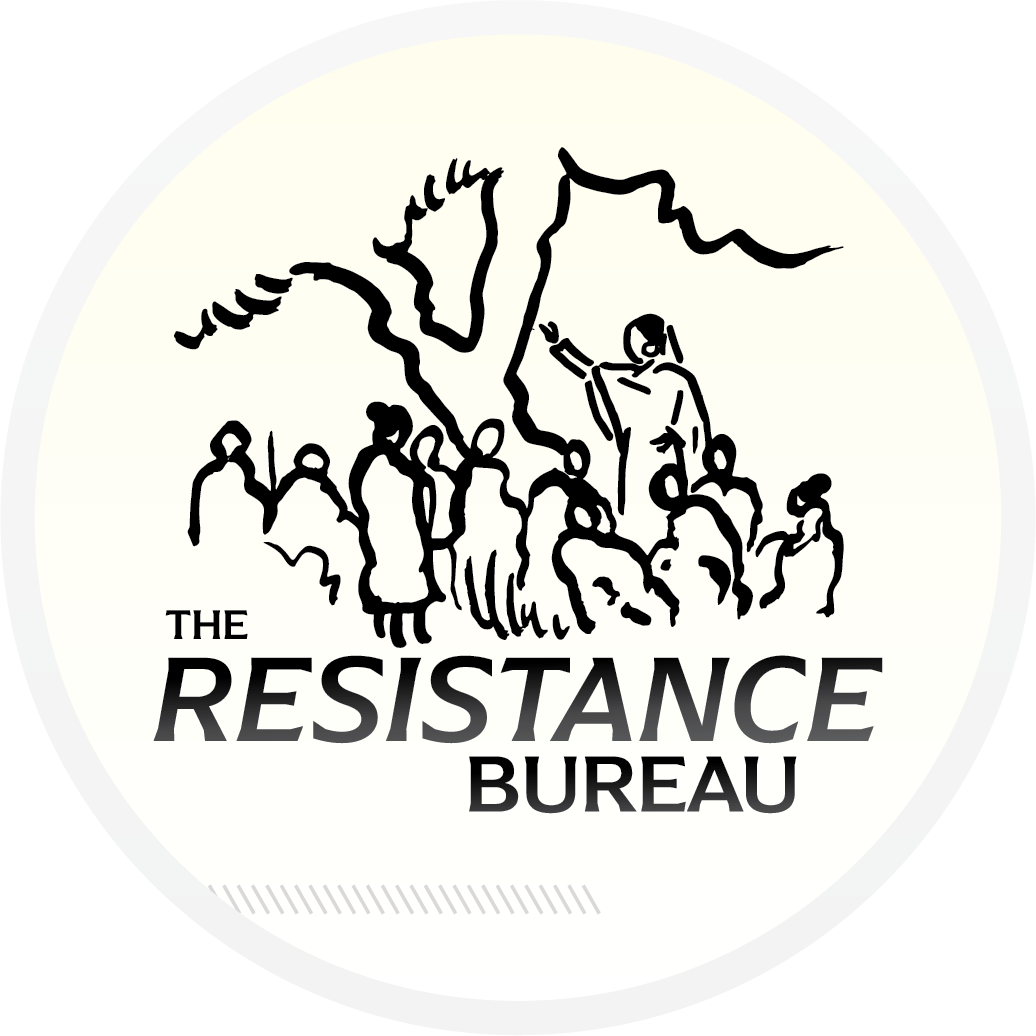Live Show: #ZimbabweanLivesMatter
If you want to follow up on the situation in Zimbabwe, this piece by Kudzai Mashininga on President Mnangagwa’s violent response to growing opposition to his rule is a fine place to start.
To be inspired by a powerful and hard-hitting call for change by one of the speakers on our show, Thandekile Moyo, check out why she thinks “Zimbabwe is on fire.”
For the broader context, including how the detention of investigative journalist Hopewell Chin’ono reveals the repression of African journalists and civil liberties during the coronavirus pandemic, take a look at the first ever blog by The Resistance Bureau.
For a deeper understanding of what is happening in Zimbabwe, the best place to go is our brilliant speaker Alex Magaisa and his Big Saturday Read. Start with this one on how the government fights its battles through “lawfare.”
Many journalists have devoted time and energy to covering the repression perpetrated by ZANU-PF, Zimbabwe’s long-ruling party, but few have done so as effectively as Jane Flanagan of The Times. Her coverage started with this piece on Hopewell’s arrest and continued through the denial of his bail until bail was finally secured on 3 September.
In many ways the current Zimbabwean crisis is the latest manifestation of a twenty-year crisis of government misrule. The ruling ZANU-PF has lost popularity but has refused to lose power. You may not want to go back that far, but if you want to understand how Emmerson Mnangagwa became president, and why this hasn’t improved the situation, check out this short article by our co-producer Nic Cheeseman with Nicole Beardsworth and Simukai Tinhu on “The coup that never was, and the election that could have been.” Another co-producer, Jeffrey Smith, also wrote early on that the world shouldn’t be fooled by the so-called “new dispensation” in Zimbabwe, including this piece in the Washington Post in February 2018.
Once you have this under your belt, head over to read some wise words from the episode’s co-host Chipo Dendere about how “Mnangagwa has become Mugabe 2.0.”
Zimbabweans are protesting many things. In addition to government abuses and corruption, there is economic mismanagement and record hyperinflation. To see how important economic factors are to the resistance to ZANU-PF rule, it is well worth reading this piece by Piers Pigou of the International Crisis Group, who explains “how economic hardship is driving ordinary citizens to unprecedented acts of resistance.”
Not everything you will read about Zimbabwe is true, of course. To work out how to tell the real from the fake – and how to use the fake to get a better understanding of what is really happening, take a look at this piece by Nic Cheeseman on “Why it pays to listen to political rumours in Zimbabwe.” Fully appreciating the extent of the misinformation on Zimbabwe means delving into the murky world of the lobby groups and PR firms that the government pays to “wash” its image around the world. Start with the analysis by Jeffrey Smith on ZANU-PF’s $500,000 deal with a US company that is lobbying to remove U.S. sanctions.
As well as the past, make sure you keep up with the present. The situation is constantly evolving so it is important to follow the blogs and information disseminated by Zimbabwean Lawyers for Human Rights, Heal Zimbabwe, Team Pachedu, and the Zimbabwe Human Rights NGO Forum. These local organizations work hard to fulfil this crucial role, and they need our support. If you can, donate to groups like the Human Rights Defenders Project in Zimbabwe, and also support global groups that operate in this area such as Amnesty International, the Committee to Protect Journalists and Human Rights Watch.
